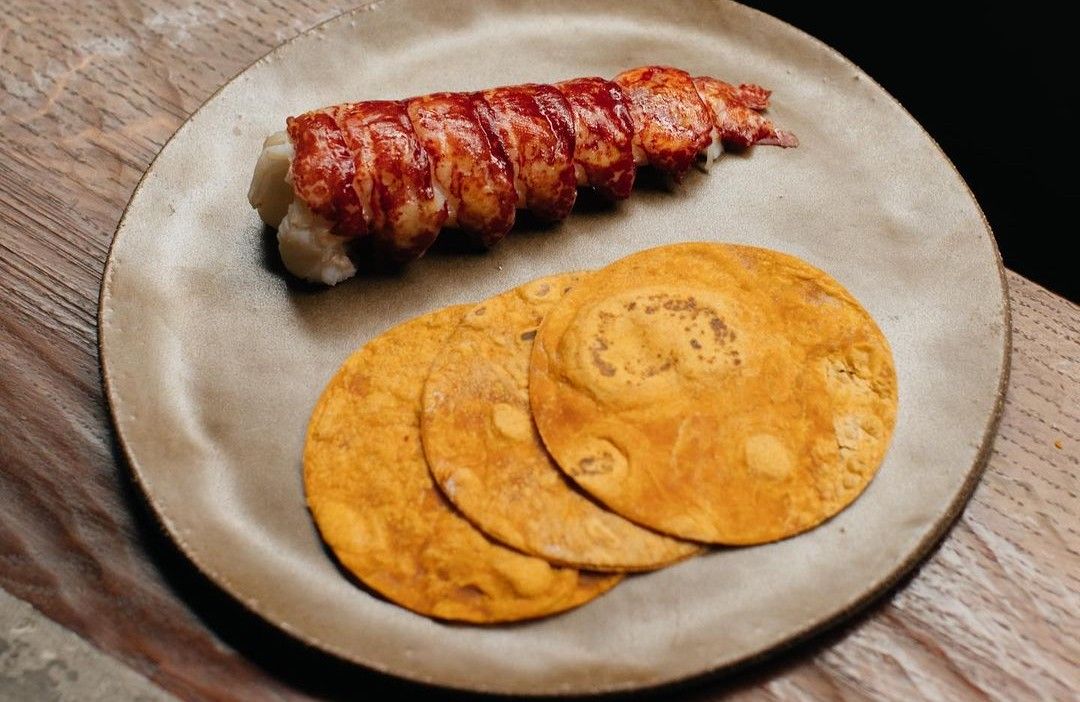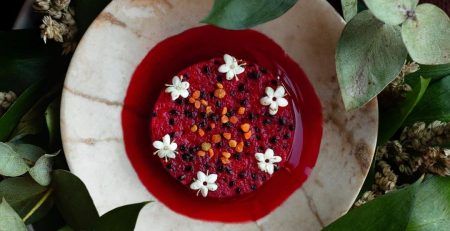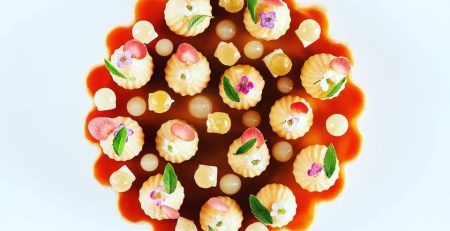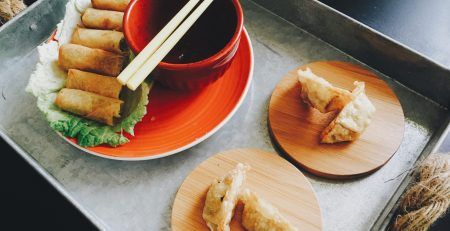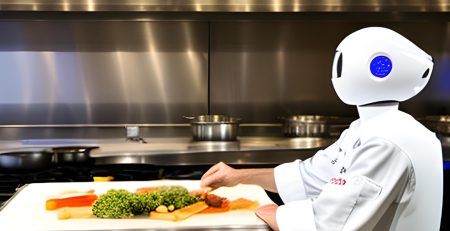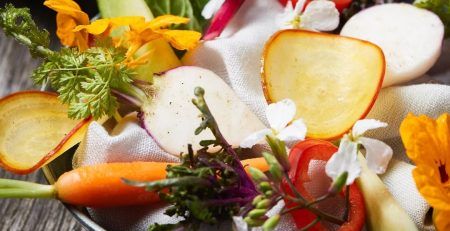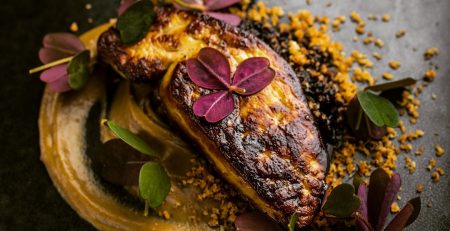In the constantly evolving world of gastronomy, where culinary traditions intertwine and flavors converge, chefs sometimes face the challenge of limited access to native ingredients. Whether due to geographic restrictions, seasonal fluctuations, or local market constraints, the unavailability of familiar ingredients can be a significant obstacle. But rather than succumb to these limitations, chefs have the opportunity to demonstrate their creativity and ingenuity by developing innovative strategies to replace indigenous products while maintaining the integrity and authenticity of their dishes.
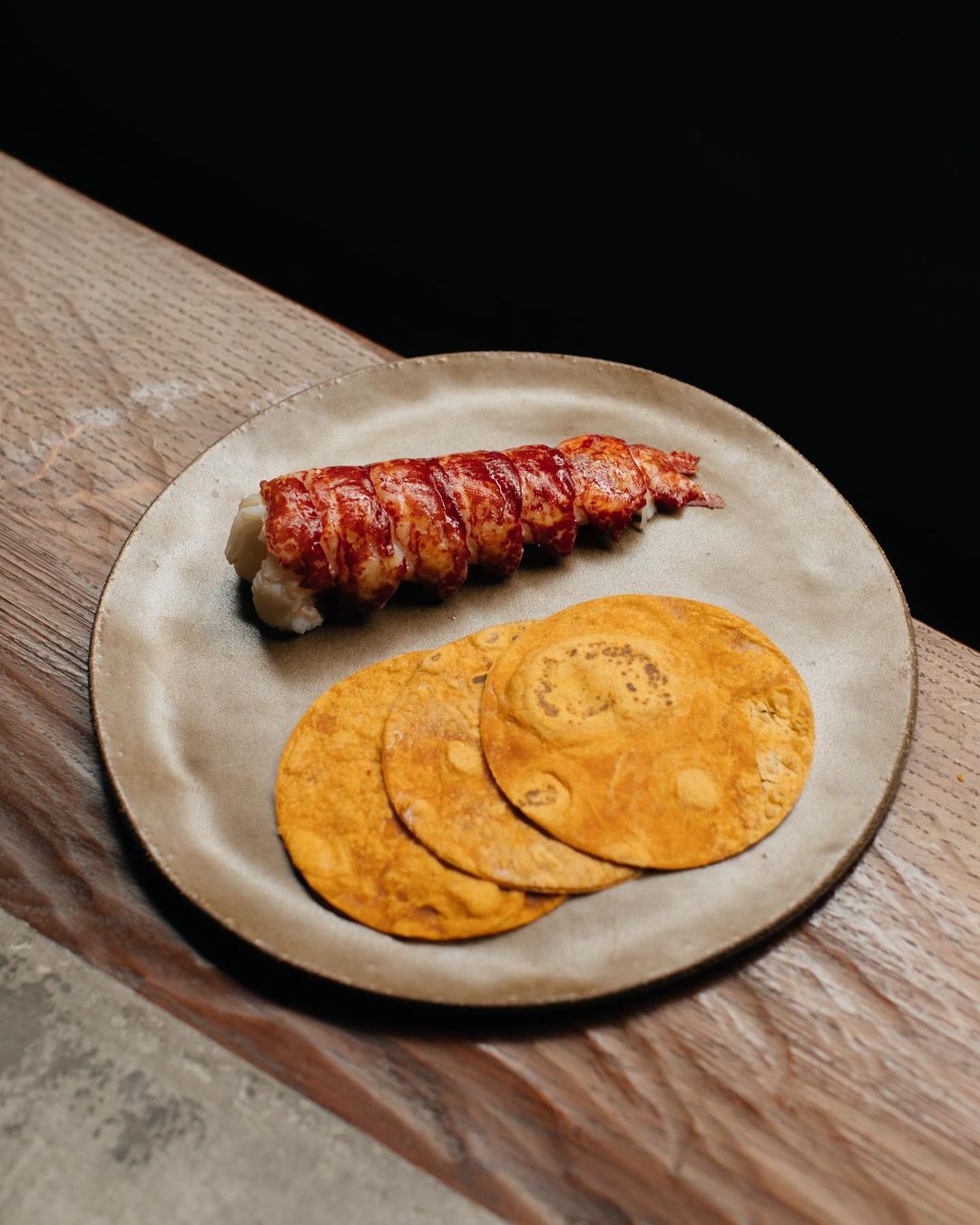
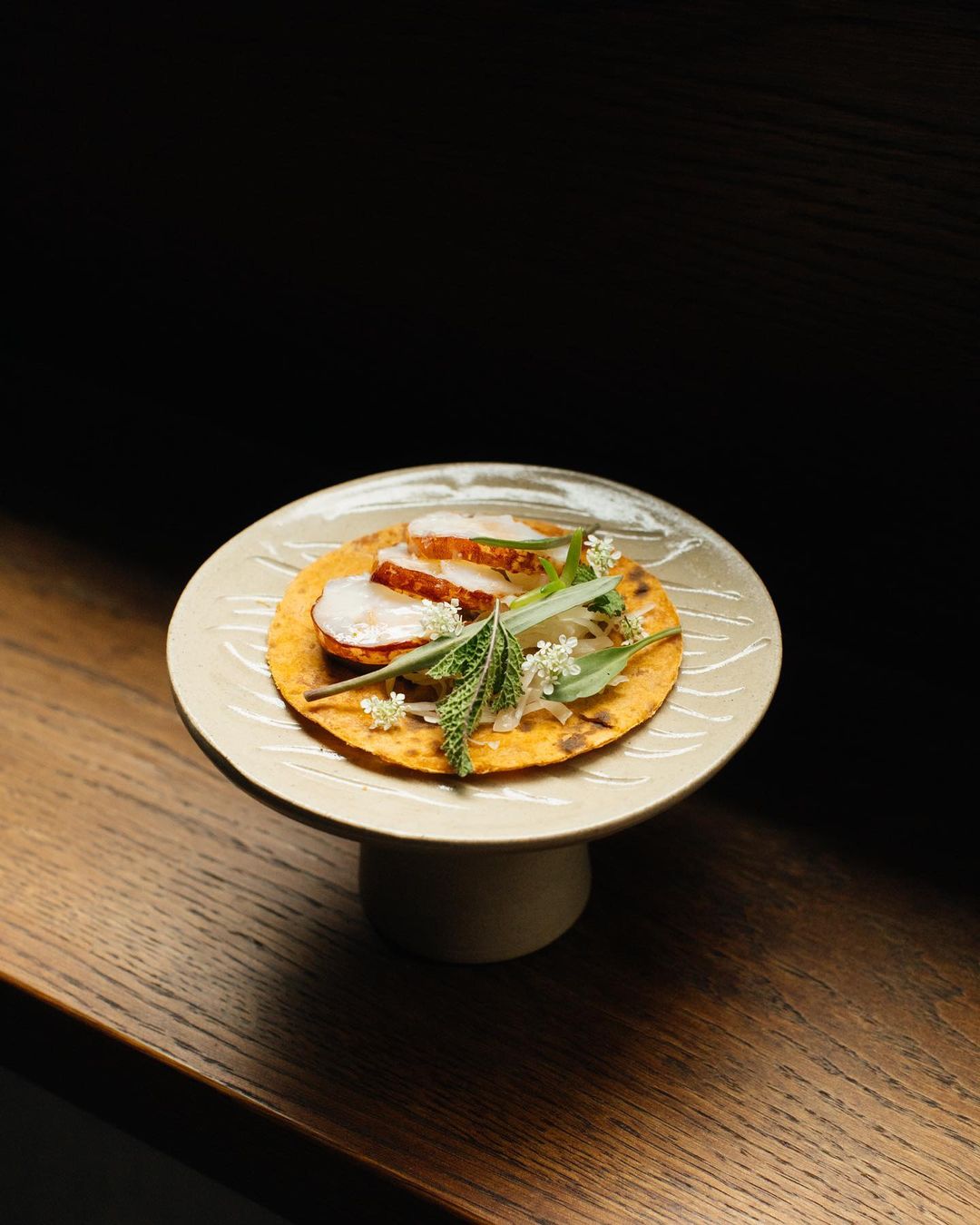
Photo: Instagram @kol.restaurant
A culinary journey beyond borders
As a Mexican chef who has captivated London’s dynamic culinary landscape, Chef Santiago Lastra embodies the essence of adaptability and creativity. Drawing from its rich culinary heritage and experiences, Lastra seamlessly incorporates locally available substitutions into its dishes while remaining true to the vibrant flavors and cultural traditions of Mexican cuisine. His approach is based on a deep understanding of the essence of traditional Mexican ingredients, combined with an extraordinary ability to adapt and innovate in a variety of culinary environments. Infusing its dishes with the soulful flavors of Mexico and taking up the challenge of limited access to native products, Lastra creates culinary masterpieces that push boundaries.
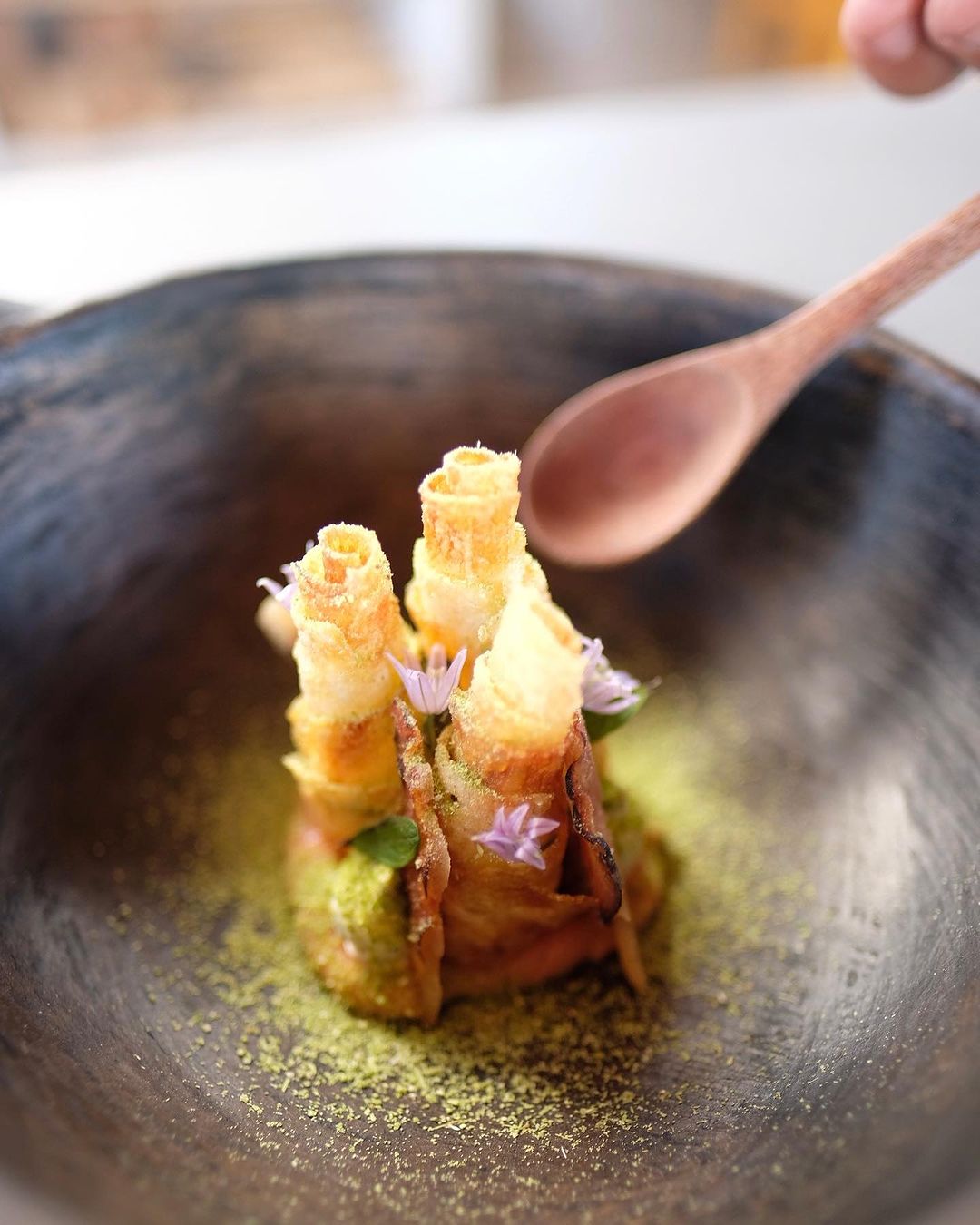
Photo: Instagram @diacagt
Navigating to understand ingredients
In her groundbreaking work on ingredient communication, chef Debora Fadul offers invaluable insights into understanding and appreciating the inherent properties of each ingredient. Through its innovative sensory system, Fadul emphasizes the importance of accurate characterization and sensory exploration, enabling chefs to create dishes that resonate on a deeper level. Inspired by alcohol and coffee testing systems, Fadul’s approach goes beyond traditional ingredient categorizations, providing chefs with a holistic framework for navigating the complexities of limited access to indigenous products. By fostering a deep connection between chefs and ingredients, Fadul’s principles pave the way for creativity, innovation and a deeper appreciation of culinary diversity.
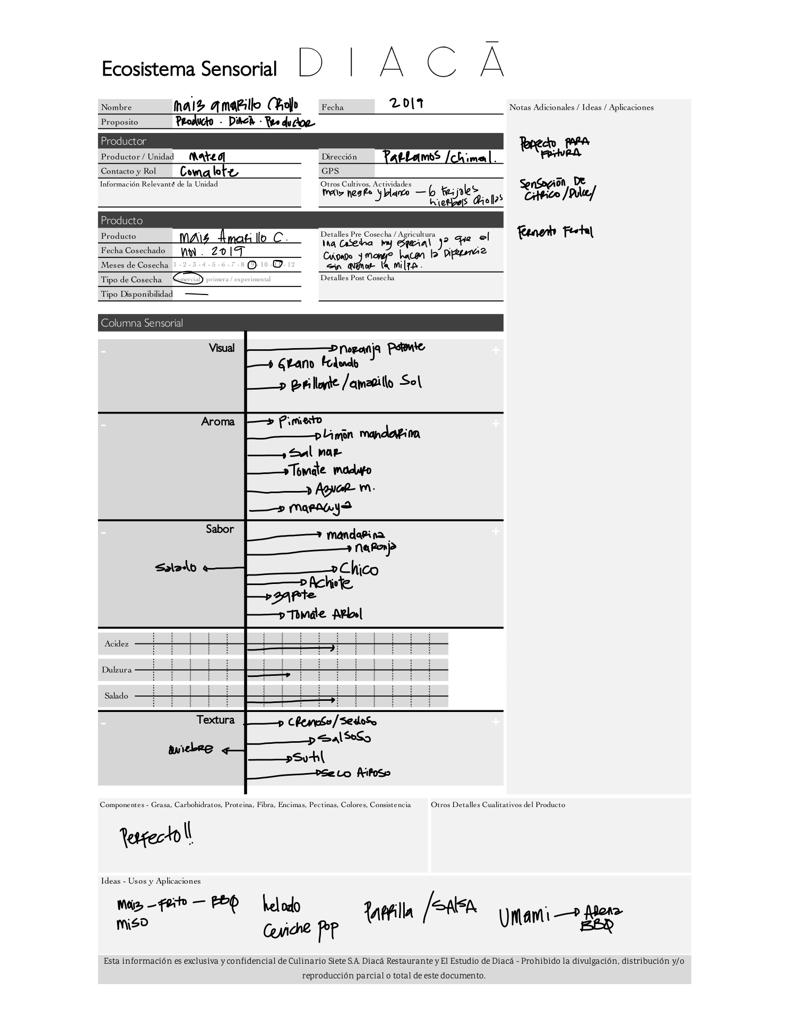
The Sensorial Ecosystem materials provided by chef Debora Fadul
Success strategies: coping with challenges through creativity and ingenuity
Faced with limited access to domestic produce, chefs can draw inspiration from Lastry’s adaptability and Fadul’s emphasis on understanding ingredients. By delving into the flavors, textures and cultural significance of traditional ingredients, chefs can identify suitable substitutes with similar properties and adapt techniques to work with locally available produce.
From exploring alternative flavor profiles to experimenting with novel cooking techniques, the possibilities for culinary innovation are endless. With creativity, resourcefulness and a deep understanding of ingredients, chefs can turn challenges into opportunities. Thereby pushing culinary boundaries that celebrate diversity in a globalized culinary landscape.

